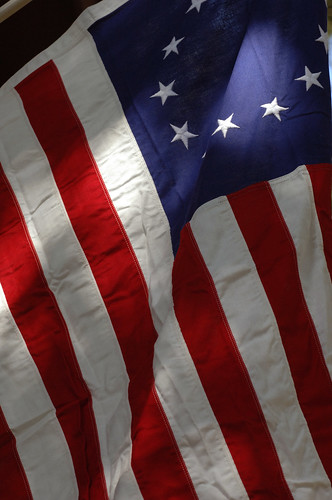(Another in the series of quotes to start the week.)
Nearly everyone who has studied science knows the name “Lord Kelvin,” if only for the absolute temperature scale which bears his name. William Thomson, 1st Baron Kelvin (26 June 1824 – 17 December 1907) was a physicist and engineer from Belfast, Ireland, who did foundational work in thermodynamics and electricity at the University of Glasgow in Scotland. He was knighted by Queen Victoria in 1866 for his contributions to the transatlantic telegraph. In 1892 he was the first British scientist to receive a noble title and a seat in the House of Lords. As noted above, “Kelvin” was part of his title, rather than his actual name; it referred to a river which flows by the University of Glasgow.
In 1883, when he was still Sir William Thomson, he gave a lecture on “Electrical Units of Measurement” in which he said,
I often say that when you can measure what you are speaking about, and express it in numbers, you know something about it; but when you cannot measure it, when you cannot express it in numbers, your knowledge is of a meagre and unsatisfactory kind; it may be the beginning of knowledge, but you have scarcely, in your thoughts, advanced to the stage of science, whatever the matter may be.
This quote is nicely precise, as we might expect of a 19th century man of science. As such, it contrasts with one of the pernicious lies of modern management that still traps well-meaning but poor-thinking people today: specifically, the idea that “you can’t manage what you can’t measure.” That quote is often (but wrongly) attributed to Peter Drucker, and it may be that no one knows who originated it. But it is, as Dr. W. Edwards Deming frequently pointed out in his seminars, a myth.
The truth is, every day we encounter situations involving variables that we cannot measure. Sometimes they are things that could be measured if we had sufficient instruments and time to devote to the effort; sometimes they are things that are ineffable, and for which devising a measurement would be folly. We still have to manage those situations and navigate our way through them; we cannot throw up our hands in despair simply because the situation did not come with a convenient set of measurements and statistics attached to it.
Sometimes the people who proclaim that measurement is necessary to management are in the business of selling measurement practices or techniques. And they may take advantage of managers who have never had to measure things in the real world. Those managers would do well to apply a little skepticism and heed the words of William Bruce Cameron, who said in the 1958 article “Tell Me Not in Mournful Numbers,”
Counting sounds easy until we actually attempt it, and then we quickly discover that often we cannot recognize what we ought to count. Numbers are no substitute for clear definitions, and not everything that can be counted counts.
In 1963, Cameron elaborated by writing, “not everything that counts can be counted, and not everything that can be counted counts.” How many managers would benefit from understanding that!
Often when managers decry the lack of measurements to justify the decisions they wish to make, they do so without any real appreciation for the difficulty of measuring things with accuracy and precision. Their bathroom scale works, though they may not like what it reports; the gauge in their car indicates its fuel status with some reliability; these and other experiences lead them to expect to receive similar reports of progress or status on whatever aspect of the business is under their scrutiny that day.
Which brings us back to Sir Thomson, Lord Kelvin, and his observation about measurement. He wisely allowed for the possibility of not being able to measure something — thus, that late 20th century management aphorism, whatever its source, was invalidated roughly a hundred years before it was spread! While he then said that our knowledge of a thing may be stunted by lacking measurements for it, that does not mean we have no knowledge of it at all; even “the beginning of knowledge” is knowledge of a sort. But what was Kelvin’s interest in measurement? Was it management? No! It was science.
And, though managers may like to claim otherwise, management is not science.

(Image: JPL imagery from the Jason-2 satellite, showing “Kelvin Waves” — named after Lord Kelvin, who discovered them — moving eastward along the equator.)
That’s all I have to say on the subject, at the moment, but I’d be happy to discuss it at length if you like. Meanwhile, I hope you have a good week!
___
P.S. Last week I mentioned possibly ending this series, and I’m still undecided on that point. Let me know if you have feelings about that, one way or another.



 by
by 













